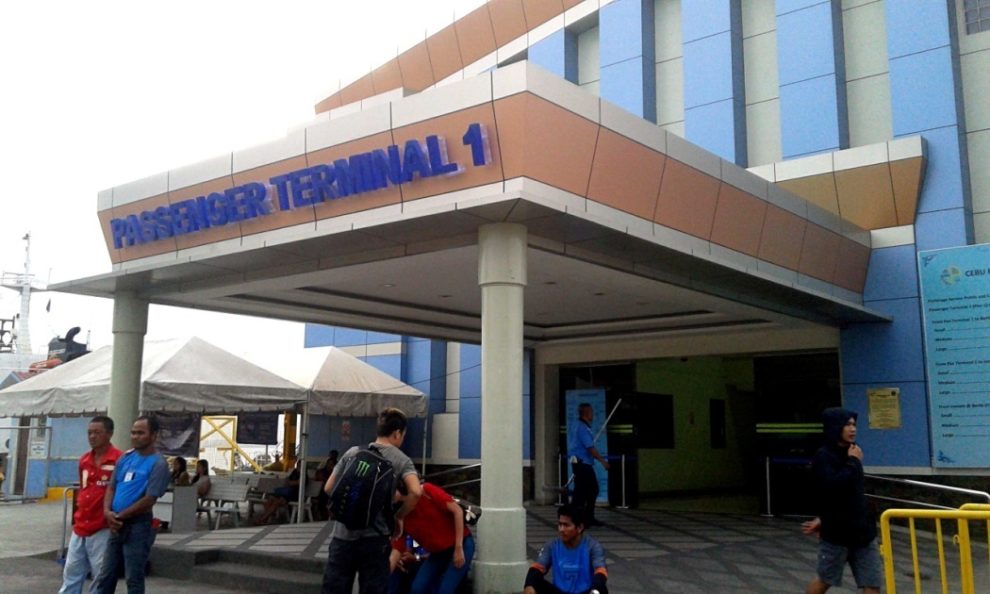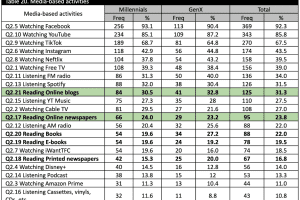The Cebu Port Authority (CPA) has announced the reopening of its port terminals for locally stranded individuals, repatriated Overseas Filipino Workers (OFWs) and Authorized Persons Outside Residence (APOR) with modified port protocols for new normal following the declaration of General Community Quarantine (GCQ) in the entire Cebu province.
In areas under GCQ, passenger ships are allowed to resume operations but must only travel with 50 percent of the ship’s regular capacity.
According to CPA General Manager Leonilo Miole, the reopening of the port terminals and the resumption of travel are still subject to the restrictions and guidelines issued by the COVID-19 Inter-Agency Task Force (IATF).
“CPA has put in place stringent preventive health and safety measures in our ports consistent with the guidelines set by the IATF and in preparation for the ‘new normal’. We are doing our best to establish and implement a complete safety loop for COVID-19 as we welcome passengers travelling to and from Cebu through our seaports,” he added.
The modified port protocols for the new normal are meant to augment government efforts to stop the spread of the coronavirus disease.
Based on the CPA issued guidelines on the resumption of operation of passenger ships, CPA will facilitate the regular cleaning and disinfection of passenger terminals and shuttle buses, its seats, door knobs, other surfaces, and surroundings of the port.
Surfaces will also be wiped regularly with disinfectant after every trip or departure.
Passenger terminals in both public or private ports shall only be allowed to accommodate at 50 percent seating capacity and to prevent undue queuing or crowding of passengers, CPA in close coordination with shipping companies will make necessary adjustments of the Estimated Time of Departure (ETD) of vessels.
Another initiative to eliminate queuing and crowding of port terminals is the full integration of terminal fee into the boat fare.
No payment of terminal fees inside the passenger terminal shall be allowed.
CPA may allow direct boarding of passengers to the vessel as may be deemed necessary in order to avoid crowding, inconvenience, or delay of the vessel’s departure provided that security, safety, and health protocols shall be observed.
Shuttle service providers deployed by shipping companies will also be allowed inside the port without charges to serve inbound passengers and transport them to a drop-off area outside of the port where the passengers may take public transportation.
The operation of ticketing booths of shipping companies located outside port terminals or within a property owned or administered by the Cebu Port Authority (CPA) is also temporarily suspended.
On porterage service, only 50 percentage of the total number of porters are allowed to render porterage services at one time.
Porters belonging to a group for the different shipping companies are advised to adopt an alternate work schedule.
Porters 60 years old and above, with immunodeficiency, comorbidities, and other health risks shall not be allowed to render porterage services.
No porter shall be allowed into the port or passenger terminal without being subjected to the safety, security, and health protocol every time he enters the port facilities.
GM Miole added that passengers, on the other hand, are advised to arrive at the port at least two hours before the ETD of the vessel and shall be required to present their Medical Certificate issued by their respective City/Municipal Health Office, Travel Authority issued by the Philippine National Police (PNP) at the Gate 1 (Port Main Entrance) otherwise, they may be refused entry into the port area.
No person shall be allowed entry into the passenger terminal unless possessing all the above mentioned requirements as provided in the National Task Force Order No. 2020-02, a boat ticket and a valid ID or any official document that sufficiently identifies the passenger.
“This is to prevent terminal congestion given the required 50% capacity restrictions set by IATF and by the executive order issued by the City Government of Cebu. Also, we want to prevent our terminals from being used as sleeping quarters for stranded passengers waiting for complete processing of travel documents and/or arrival of their assigned vessels,” explained Miole.
All passengers are mandated to wear a face mask at all times within the port premises, when boarding or disembarking from a vessel.
Passengers shall be required to fill out a Passenger Locator Form (PLF) prior to boarding onto the vessel.
CPA security personnel shall perform non-contact temperature check on all persons entering the primary gates and passenger terminal of the port.
Any person manifesting noticeable common symptoms of an infectious disease shall be urgently placed in the isolation structure located at Berth 25 (for Cebu Baseport), in any designated area (for Subports) and referred to the Quarantine Medical Officer, or government doctor for assessment purposes in accordance with existing protocols.
For added prevention and safety measures, disinfecting foot baths are placed at the entrance and exits of the passenger terminals and offices in the port.
Likewise, sanitizing hand rub dispensers or lavatories for hand washing are placed in prominent places of the passenger terminal.
However, passengers, locators, and authorized persons are encouraged to bring their own sanitizers or disinfectants.
Spitting is prohibited while inside the port, its premises, including inside the passenger terminal and surroundings.
Social Distancing of at least one meter from another person shall be observed at all times inside or outside of the passenger terminal, including during boarding and disembarking of passengers from a vessel.
Appropriate markers are placed on the floor or other surface for proper guidance.
Well-wishers, welcome parties, idle persons, and those with no legitimate business in the port shall not be allowed entry into the port or within the immediate vicinity of the port gates.
“We appeal for patience, understanding and cooperation from the public and all port users as we continue to do our best to help prevent further transmission of the coronavirus disease and at the same time provide effective and efficient port services,” said Miole. (PR)












